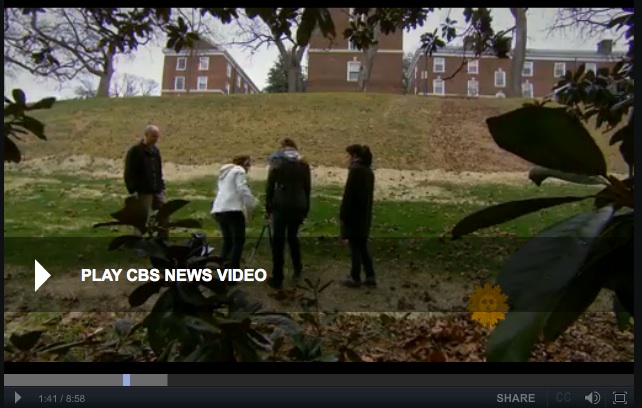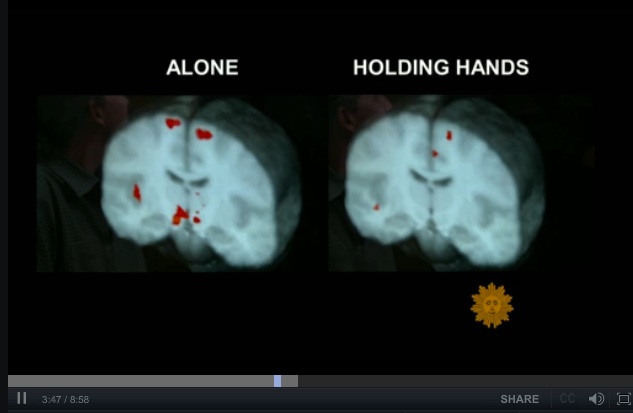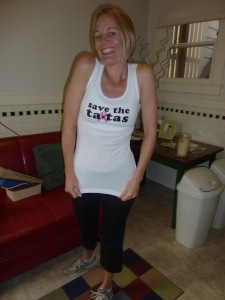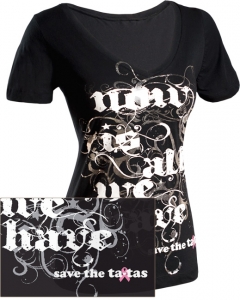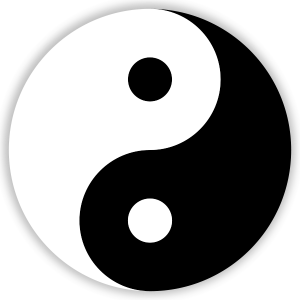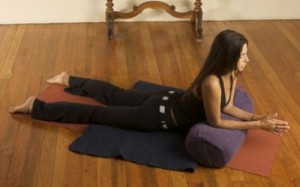This is the time of year when we are increasingly motivated to stop smoking, cut back on alcohol, try that 30-day-no-sugar diet, commit to some form of a detox, join a gym, or buy a pair of running shoes. If that's you.... if you want greater health in the year to come, then keep reading.
Q. Do you really know what impacts your health more than any other factor?
A. The most significant issue to your health is your experience of love and support in your life.
Did you read that right? Yes.
As someone who has been following relationship studies for over a decade, I can you assure that study after study continues to showcase that our social connections increase our longevity, decrease our stress levels, boost our immune systems, recover us from surgery and sickness faster, protect our brain health, and protect us from disease and death.
Consider some of these statements from world-renowned Dr. Dean Ornish in his book Love and Survival:
"I am not aware of any other factor [than social connection]--not diet, not smoking, not exercise, not stress, not genetics, not drugs, not surgery--that has a greater impact on our quality of life, incidence of illness, and premature death from all causes."
Amazing, isn't it?? "Quality of life, incidence of illness, and premature death from all causes" doesn't come down to genetics or healthy behaviors as much as it does to how well we can answer the question, "How loved and supported do you feel?"
Illustrating that point, one of the many studies he highlights followed over 7,000 people over the span of nearly 2 decades; and found that while those with healthy lifestyles and strong social ties were the least likely to die, it may surprise many to know that those with close social ties and unhealthy lifestyles outlived those with healthy lifestyles but poor social ties!
Let that sink in... you're better off cultivating stronger relationships than you are in joining a gym, eating more kale, or cutting out sugar. He says,
"This association between social and community ties and premature death was found to be independent of and a more powerful predictor of health and longevity than age, gender, race, socioeconomic status, self-reported physical health status, and health practices such as smoking, alcoholic beverage consumption, overeating, physical activity, and utilization of preventative health services...."
And when we say "better off," let's be clear what we mean: you are 3-5 times more likely to die if you don't feel loved and supported.
One famous study from Brigham Young University I quote all the time reminds us that feeling disconnected is as harmful as smoking 15 cigarettes a day, twice as damaging as being obese, and has an impact on our health equivalent to being a lifelong alcoholic.
Those who feel disconnected have an increased risk of premature death and disease from all causes! That includes dying or suffering from coronary heart disease, stroke, cancer, respiratory diseases, gastrointestinal diseases, infectious diseases, allergies, autoimmune diseases, many types of cancer, alcoholism, suicide, and the list goes on and on. And we're not just talking about preventing disease or maintaining health, but also for recovery and life-lengthening:
"Smoking, diet, and exercise affect a wide variety of illnesses, but no one has shown that quitting smoking, exercising, or changing diet can double the length of survival in women with metastatic breast cancer, whereas the enhanced love and intimacy provided by weekly group support session has been shown to do just that."
Across the board, whether you're merely trying to prevent or recover from the common cold, lower your cholesterol levels, or prevent a heart attack--moving away from loneliness and building your support network is crucial to your survival.
Are You At Risk?
I believe we're living in an epidemic of unacknowledged loneliness.
Which is incredibly dangerous because we assume that since we're not hermits, recluses, or socially isolated that we're safe; when in fact, most of us don't feel the level of intimacy and support that actually creates that safety.
How true are these statements in your life? How many times can you answer "yes?"
- If I needed a ride to the hospital, I have a friend who doesn't live with me whom I could call instead of relying on a taxi or ambulance.
- If my current closest confidante was physically or emotionally "unavailable" for a season of life (super sick, intensive caring for an aging parent, extra travel for work, wrapped up in planning a wedding), I have at least two other close friends who could be "present."
- If I experienced a financial need, I have a friend that could loan me the money I needed.
- If I were excited and wanted to share my big dream or ambitious goal with someone, I have a friend who would be thrilled to hear from me.
- If I needed to list a local emergency contact, other than a spouse, parent, or child, I have at least two options I feel comfortable listing.
- If my closest friend and I had a big fight, I am completely confident that we could work it out because we've talked through many difficult things before.
- If I had a big celebration in my life-- a birthday, a job promotion, a wedding, a baby shower-- I can think of a couple of friends who would be happy to host and plan the event.
- If I needed to be completely raw, messy, unguarded, and vulnerable with a friend who I know loves me completely, I know who to call.
- If I won a paid vacation for me and 3 friends-- my biggest problem would be picking which of my friends to come with me.
For the vast majority of us, we are immensely networked, but will struggle to answer yes to most of these questions. And of those who can answer yes, even fewer will be able to say that they aren't dependent on only 1-2 friends for all those needs.
A safety net of love and support must be developed, it never just happens.
Unfortunately, most of us will read this data and still pour more time into our diet and exercise than we will in developing deeper relationships.
Why? Partly because our doctors are trained more in surgery and medicine than they are in relationships so their well-meant advice will lean that way; partly because our culture is addicted to weight-loss and appearance over health and longevity so our tendency will be to focus on the things that change our looks more than improve our body function; and partly because diet and exercise is so much more tangible, immediate, and controllable than relationship building can feel.
The role of relationships in our health won't get as much press as diets and fads to help you lose the proverbial ten pounds, but let's not let magazine headlines dictate what we know to be true.
Please, please, listen to the science and align your life-- your time, your energy, your resources-- to that which proves to not only bring MUCH greater health but also greater happiness.
2017: To a Year of Courageous Connecting!
xoxo
p.s. If you are willing to commit to making 2017: The Year of Courageous Connecting then I extend a warm and genuine invitation to you to join GirlFriendCircles.com this year so you can:
- Focus on a new relationship theme every month for 12 months (i.e. how to
 increase vulnerability, how to make time for friends, how to meet new friends)
increase vulnerability, how to make time for friends, how to meet new friends) - Learn from relationship experts in a fun monthly 1-hr class, including a worksheet to apply the teaching in your own relationships.
- Choose a Courageous Practice each month to build up your relationship muscles to meet new friends and make your friendships better!
- Receive lots of sisterhood support throughout each month, including live advice calls with me, local events to meet others who live nearby, awesome online interaction in our community of women who are committed to relationship growth, and virtual groups with deepening conversations!
You can join anytime, but we have special New Year deal available right now to those who are willing to put the stake in the ground and say "This matters. I'm going to align my life for more meaningful connections this year!" JOIN US! xoxo


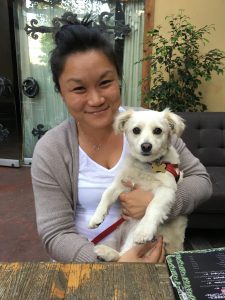
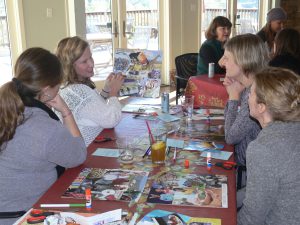
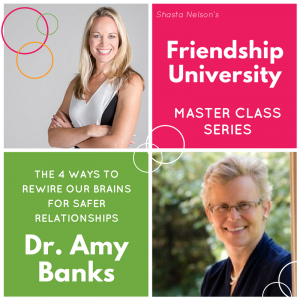 privilege to interview the foremost authority on the combined fields of neurobiology and relationships. Dr. Amy Banks, the author of
privilege to interview the foremost authority on the combined fields of neurobiology and relationships. Dr. Amy Banks, the author of 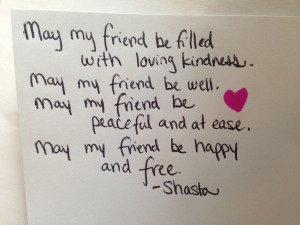

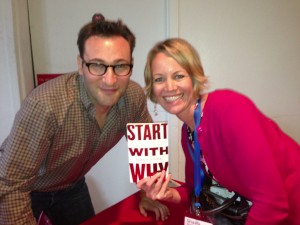
 (2009) and a motivational speaker whose TED talk is in the top 10 most-viewed ever! But what he shared with us in May was some of the content of his next book coming out later this year.
(2009) and a motivational speaker whose TED talk is in the top 10 most-viewed ever! But what he shared with us in May was some of the content of his next book coming out later this year.